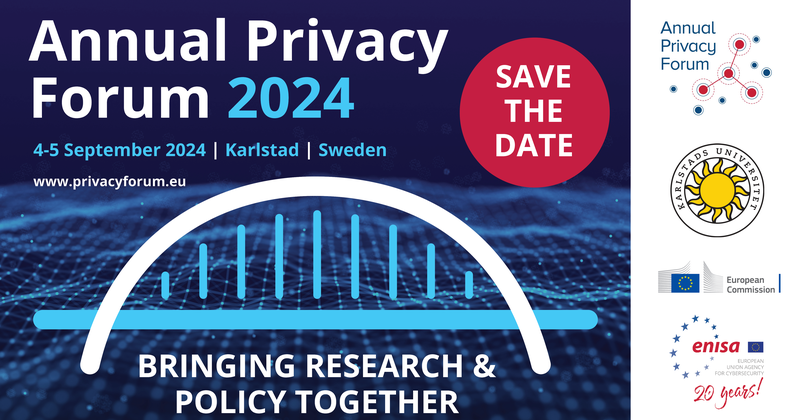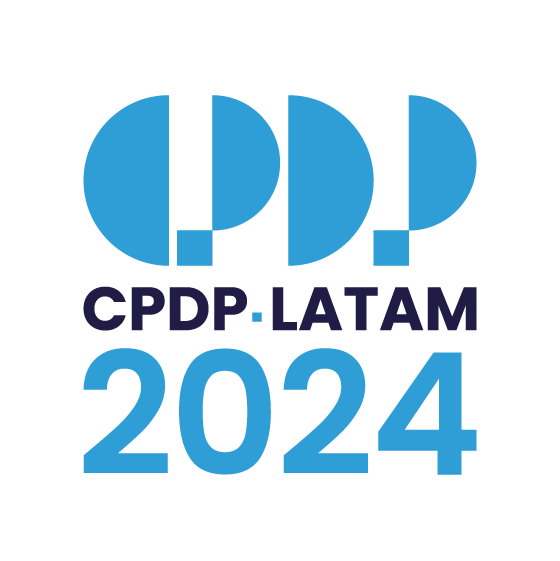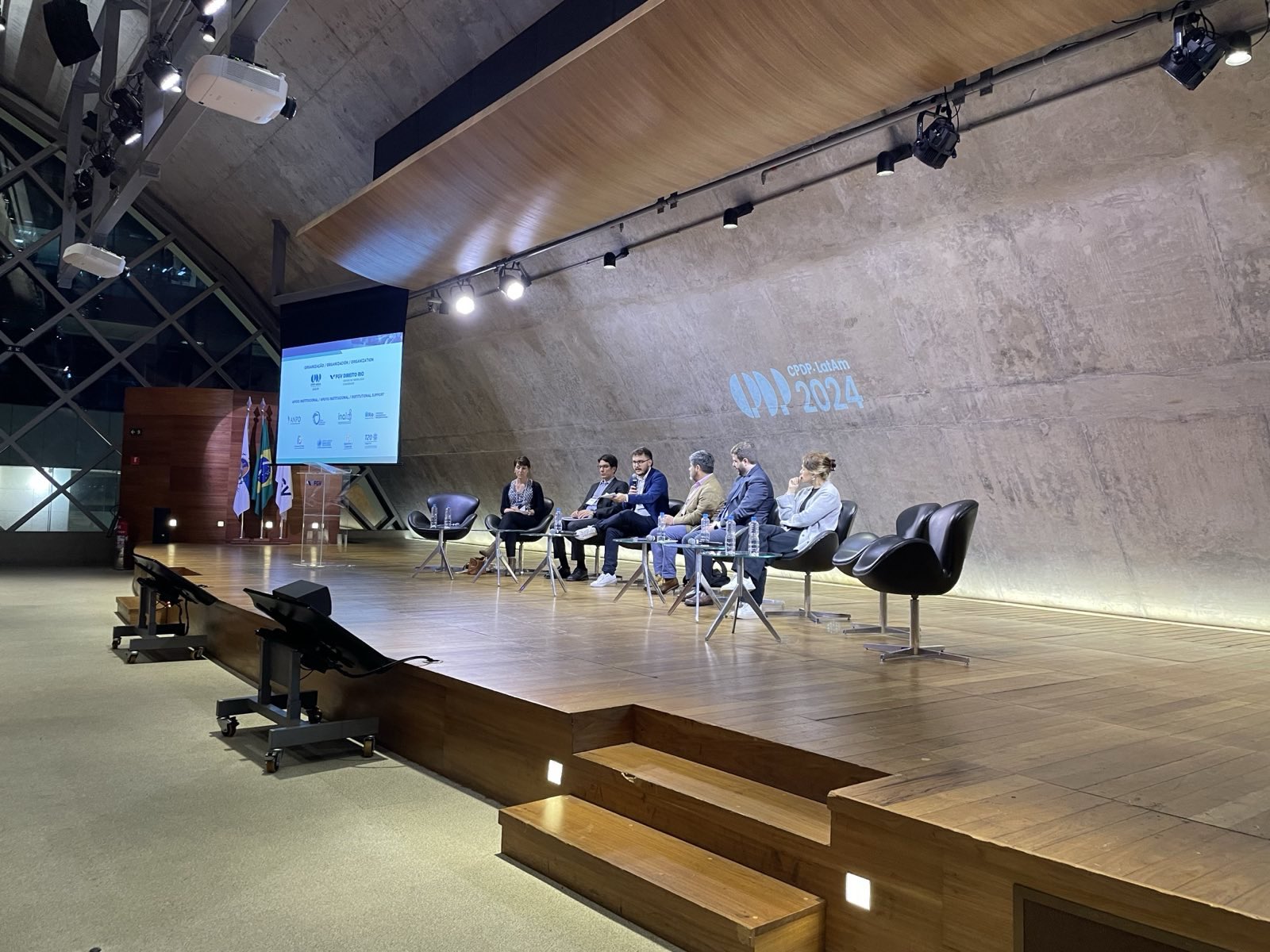Call for participation to the innovation challenge
“AI Act Compass: Navigating Requirements for High-Risk AI Systems”
The challenge
The EU project “LeADS- Legality attentive data scientists- GA 956562” ( Sant’Anna School of Advanced Studies – Pisa), in collaboration with the Pisa Internet Festival, organizes an innovation challenge on the topic of the AI Act (Regulation EU 2024/1689). Participants will need to create a solution that helps developers or deployers of AI systems to navigate the risk classification system of the AI Act and understand which requirements apply to them.
DEADLINE FOR REGISTRATION 11:00 PM CEST of 6 September 2024.
The challenge is organized as follows:
Offline phase (16th of September – 6th of October 2024):
The selected teams will work offline on the first part of the challenge. On the 16th of September 2024, the teams will receive, at the contact email provided, detailed instructions and the necessary documentation. The teams will send their solution in the form of a mock-up to the mail challenge@legalityattentivedatascientists.eu by the 6th of October 2024 h. 21:00.
In-person phase (10th of October 2024 in Pisa – Italy):
In the morning, the selected teams will receive and solve the second part of the challenge that will concern the tailoring of the solution to a concrete scenario. In the afternoon, the teams will present their solution to the jury.
The prizes
What can you win?
- First place: 2.500€
- Second place: 1.500€
- Third place: 1.000€
- Best presentation: 500€
- Most innovative solution: 500€
The prizes will be awarded by an independent jury on the 10th of October 2024 (from 7 to 8 pm).
How will the winning solutions be selected?
The evaluation will concern the artefact (innovative, reliable, usable, efficient), the output (useful and legally accurate) and the presentation (well-structured, explanatory and engaging).
What will happen to the winning solutions?
Following the principles of open science, the winning solutions will be released under an “as open as possible” license – namely a CC BY 4.0 license (https://creativecommons.org/licenses/by/4.0/) for any document or image and a MIT license (https://mit-license.org/ ) for any software component.
Application, composition and selection of the teams
The organizers will select a maximum of 7 teams among the applicants.
How should teams be composed?
Teams must be composed of a minimum of 2 and a maximum of 3 people between 18 and 28 years old.
How should you apply?
Each team needs to apply via the form available at: https://forms.office.com/e/jiDwEGfCPW by the 6th of September 2024 at 11.00 PM CEST.
The application should contain:
- Team name
- Team Leader Name (contact person)
- Team composition (minimum 2 and maximum 3 members), for each member:
- Name and surname
- Date of birth
- Food intolerances
- Email address of the team leader (contact address)
- Link to a cloud folder (e.g., google drive, dropbox, onedrive, etc.) Containing:
- Motivation letter of the team IN ENGLISH (Why they wish to participate and why they should be selected – max 800 words)
- Concise CV IN ENGLISH (max 2 pages) for each team member
How will you know if you have been selected?
We will send an e-mail to the contact address provided on the 12th of September 2024.
Participation
Why should you participate?
If you are a creative young team who wants to solve innovative challenges at the intersection of technology and law and win a prize to start your own project, you are in the right place!
How will the trip to Pisa be organized and which expenses will be covered?
The organizers of the challenge will cover the travel expenses to Pisa of the members of the selected teams, up to a maximum of 600 euros per team. The selected teams will need to organize their trips autonomously and will be reimbursed after the trip, upon presentation of the receipts and the original tickets. Breakfast, lunch and early dinner of the 10th of October will be served at the venue of the Challenge.
What language will we use?
English will be the working and presentation language. Therefore, at least one member of each team must be able to present clearly in English and to answer questions by the Jury.
Rules and further information
OFFICIAL RULES
For any question, write to pm@legalityattentivedatascientists.eu





 On July 25, 2024, CTS-FGV hosted a highly insightful webinar titled “Regulation of Digital Infrastructure in the EU: from Networks to Platforms,” featuring Thomas Lohninger and ESR Bárbara Lazarotto. This event provided an in-depth examination of the recent regulatory developments within the European Union, focusing on their impact on digital infrastructure, including electronic networks, digital platforms, and data regulation.
On July 25, 2024, CTS-FGV hosted a highly insightful webinar titled “Regulation of Digital Infrastructure in the EU: from Networks to Platforms,” featuring Thomas Lohninger and ESR Bárbara Lazarotto. This event provided an in-depth examination of the recent regulatory developments within the European Union, focusing on their impact on digital infrastructure, including electronic networks, digital platforms, and data regulation.
 On July 17th, ESR Barbara Lazarotto participated in a panel discussion on ‘The Impact of EU AI Regulation on Latin American AI Governance: Emerging AI Authorities?’ at CPDP Latam.
On July 17th, ESR Barbara Lazarotto participated in a panel discussion on ‘The Impact of EU AI Regulation on Latin American AI Governance: Emerging AI Authorities?’ at CPDP Latam.

